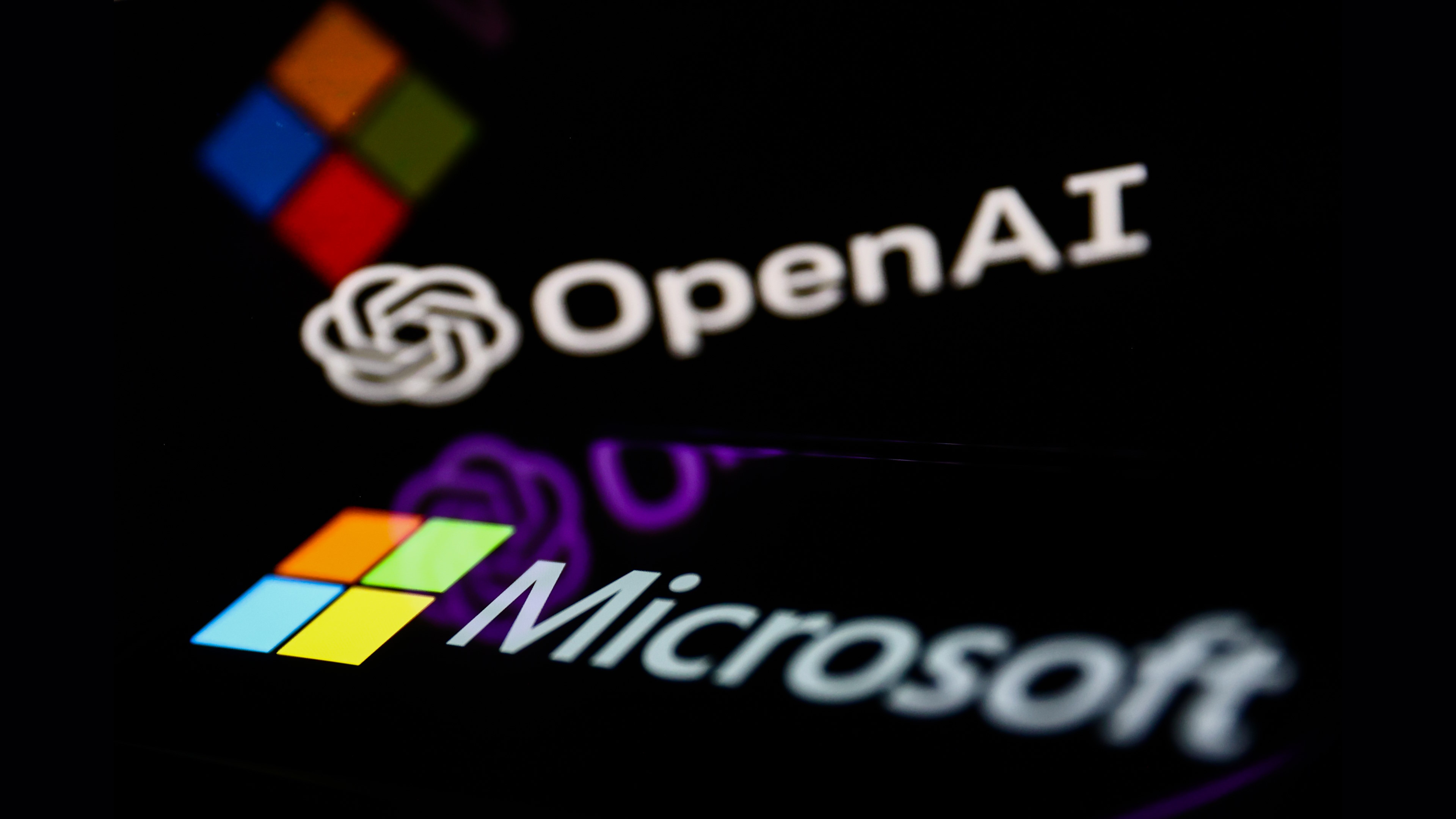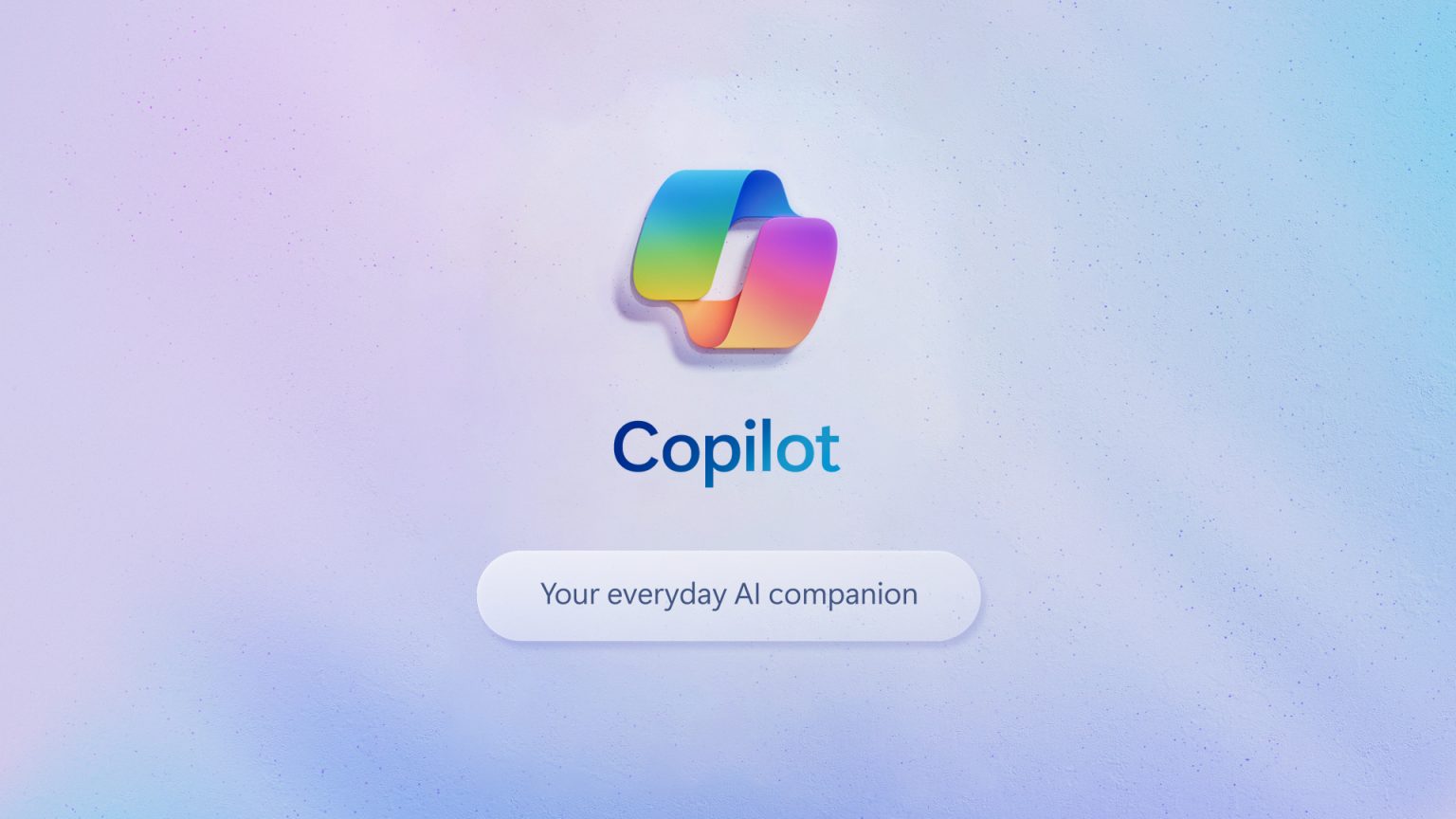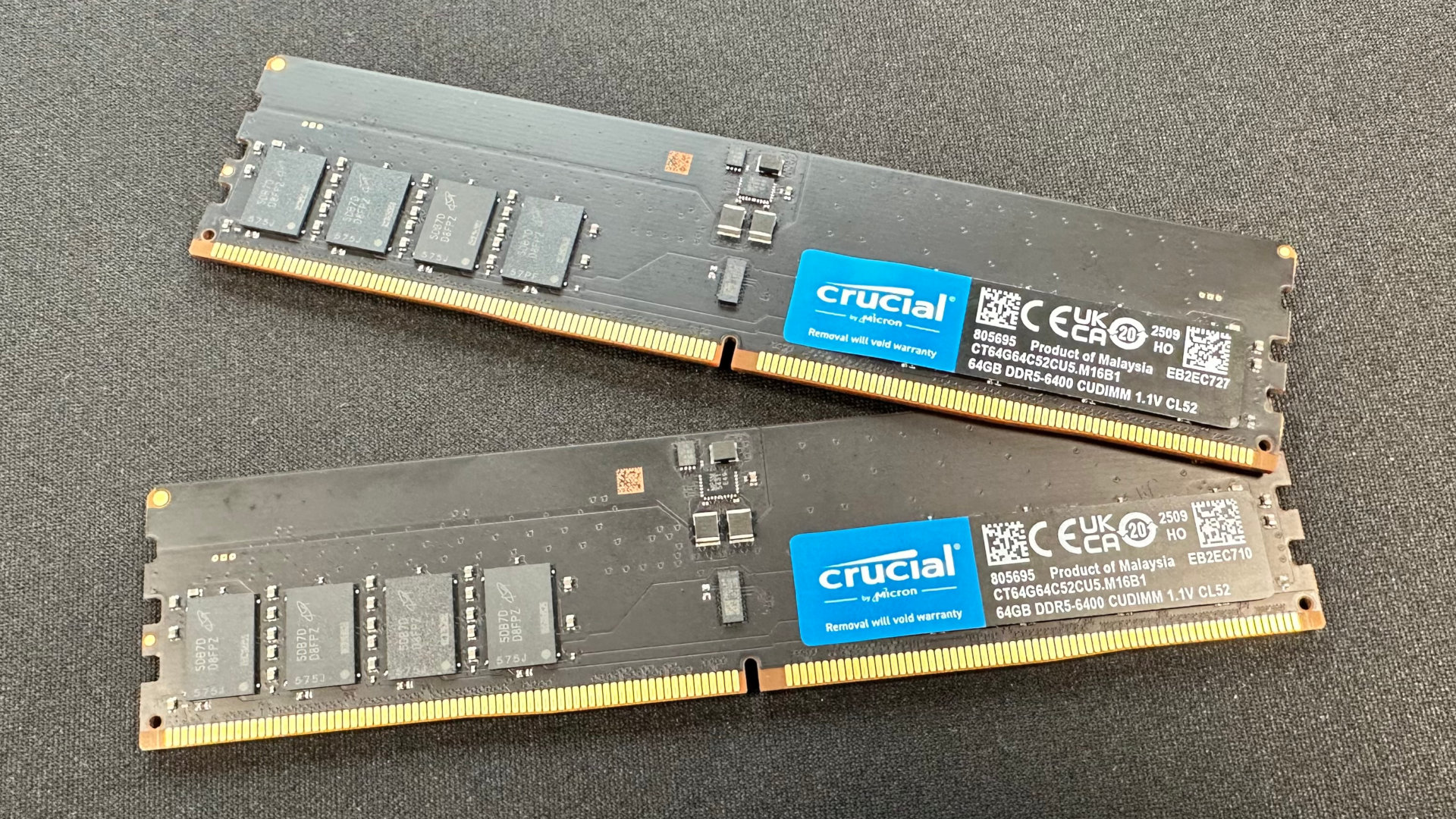NY Times lawsuit holds OpenAI and Microsoft 'responsible for the billions of dollars they owe for the unlawful copying and use of The Times's uniquely valuable works'
OpenAI values high-quality content in its training and The New York Times has been marked as such in the creation of its models.

A lawsuit filed in the Manhattan federal court last week by the New York Times claims that the defendants—Microsoft and OpenAI—have used millions of its articles to train and create its large language models (LLMs) and other products. The Times is seeking damages in realms of billions of dollars, though it doesn't give a specific number.
But yeah, it's going to be looking for a pretty large payout if it does win.
"The law does not permit the kind of systematic and competitive infringement that Defendants have committed," reads the official complaint (pdf warning). "This action seeks to hold them responsible for the billions of dollars in statutory and actual damages that they owe for the unlawful copying and use of The Times's uniquely valuable works."
The lawsuit states that the New York Times had been in negotiations with the defendants "for months" and that it was looking to reach an agreement "in accordance with its history of working productively with large technology platforms to permit the use of its content in new digital products." The idea put forward in the court document is that its goal was both to get fair value out of its contribution to the training, because of the weighting The Times' content was given during training, and to "facilitate the continuation of a healthy news ecosystem, and help develop GenAI technology in a responsible way that benefits society and supports a well-informed public."
For its part, a statement from an OpenAI spokesperson, Lindsey Held, is quoted by The New York Times article itself as saying the company thought that negotiations had been constructive and was "surprised and disappointed" by the lawsuit.
"We're hopeful that we will find a mutually beneficial way to work together," they are quoted as saying, "as we are doing with many other publishers."
One of the most intriguing parts of the lawsuit, and arguably the part that has got The Times' hackles up, is that it seems like OpenAI has given particular weight to the publisher's content during the training of its LLMs.
Keep up to date with the most important stories and the best deals, as picked by the PC Gamer team.
During the training of GPT-3 specifically, the lawsuit states that one of the key datasets—one weighted as high quality set—used nearly 210k unique New York Times URLs, which amounted to 1.23% of all the sources in the dataset.

The largest, and most heavily weighted dataset used to train GPT-3, however, includes "at least 16 million unique records of content from The Times across News, Cooking, Wirecutter, and The Athletic."
It also then goes on to state that OpenAI itself has said that the datasets it sees as the most high quality ones are then sampled more frequently during the training of a model. "By OpenAI’s own admission," reads the court document, "high-quality content, including content from The Times, was more important and valuable for training the GPT models as compared to content taken from other, lower-quality sources."

Best CPU for gaming: The top chips from Intel and AMD.
Best gaming motherboard: The right boards.
Best graphics card: Your perfect pixel-pusher awaits.
Best SSD for gaming: Get into the game ahead of the rest.
This isn't the first lawsuit against OpenAI for copyright infringement in the training of its LLMs as The Times notes there has also been a lawsuit brought by 17 authors, including George RR Martin and John Grisham, against the company for "systematic theft on a mass scale" and one from Getty against Stability AI, the creators of the generative AI image maker, Stable Diffusion, over the use of its images in the training of its model.
And it's unlikely to be the last lawsuit against AI makers, either. But given the seeming reticence of AI companies to tackle the issues of copyright infringement, and fair compensation for the training of their multi-billion dollar products themselves, it's looking like legal proceedings might be one of the few ways to keep them in check.

Dave has been gaming since the days of Zaxxon and Lady Bug on the Colecovision, and code books for the Commodore Vic 20 (Death Race 2000!). He built his first gaming PC at the tender age of 16, and finally finished bug-fixing the Cyrix-based system around a year later. When he dropped it out of the window. He first started writing for Official PlayStation Magazine and Xbox World many decades ago, then moved onto PC Format full-time, then PC Gamer, TechRadar, and T3 among others. Now he's back, writing about the nightmarish graphics card market, CPUs with more cores than sense, gaming laptops hotter than the sun, and SSDs more capacious than a Cybertruck.

